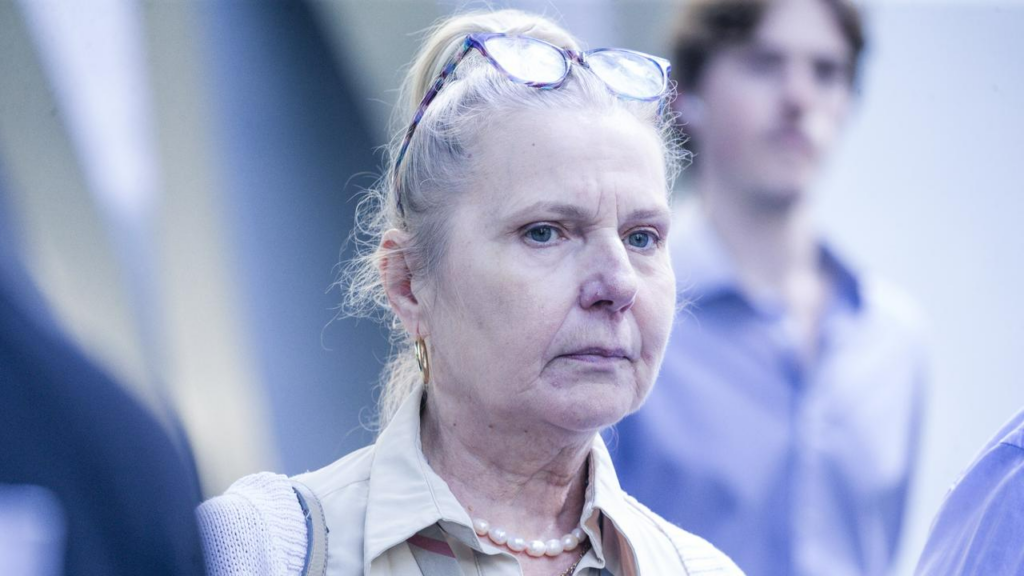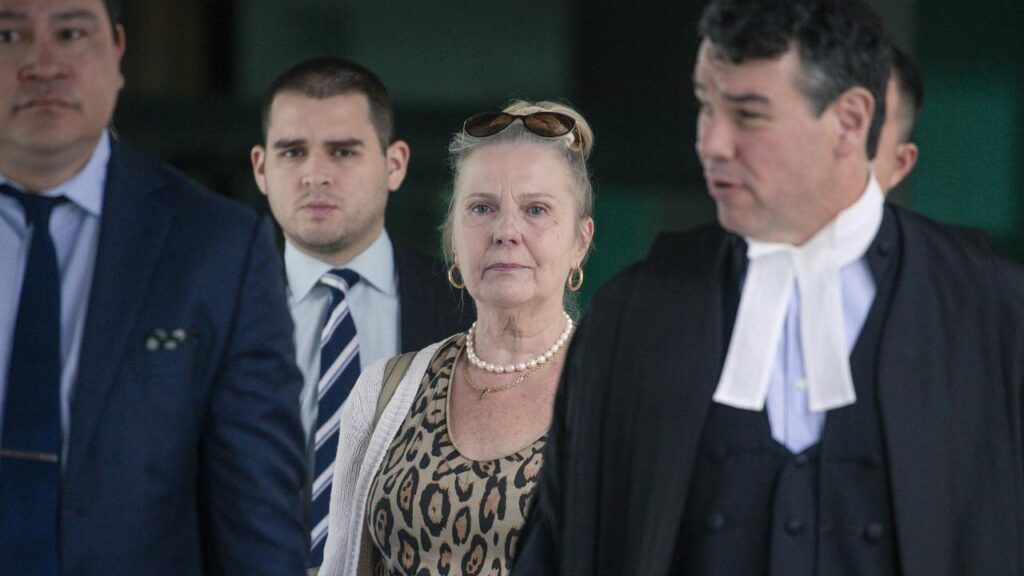Helping offenders change their behaviour will help fight domestic violence

Putting domestic violence on the agenda has been a long time coming and very much warranted.
However, there has been little or no discussion about prevention to this blight on modern Australia.
This absence in the debate recently prompted West Australian Chief Justice Wayne Martin to call for “greater acceptance” of judges and magistrates taking a therapeutic and preventative approach, rather than a punitive one, when dealing with domestic and family violence cases in court.
“We know that some victims of domestic violence are discouraged from reporting because of fear that a punitive response will break up the family,” Chief Justice Martin said at the Mental Health Law Centre in October.
“That is, of course, not to say that serious cases of domestic violence are to be swept under the carpet or to suggest that anything other than a punishment that is appropriate for the crime committed should be applied in such cases.
“[But] at least in the early stages, greater acceptance of a therapeutic and preventative rather than punitive approach in appropriate cases could be beneficial not only to the victims and the community more generally but also to many who become involved in the criminal justice system, including the significant number with mental health issues.”
NSW could be the first state in Australia to offer a ground-breaking preventative pilot program as part of the legal process for low-level respondents to apprehended domestic violence applications. A non-government pro bono organisation involving lawyers from Sydney-based Levitt Robinson Solicitors, academics from Notre Dame University and a leading Sydney psychologist and psychotherapist have written a detailed submission, which the Baird government is currently considering.
The Domestic Violence Intervention Pilot Program aims to educate attendees with counselling and cognitive skills therapy, offering a therapeutic and preventative approach to the problem. In essence the program seeks to assist perpetrators to change their attitudes and behaviours.
Baird said, at the time of his announcement of a $60 million package to target domestic violence earlier this year, that one of his priorities was to reduce the rate of domestic violence reoffending within 12 months by 5 per cent by 2019.
This cannot be achieved without intervention.
To see how a preventative program like the pilot program can work, watch the watershed documentary Call Me Dad which aired on the ABC last month. The documentary followed participants voluntarily attending a men’s behaviour change program in Victoria. These men wanted to change their violent attitudes and behaviour.
The documentary highlighted the emotional journey the participants went through. They were told their behaviour was unacceptable and after accepting responsibility for their conduct, they were introduced to cognitive skill sets to help them to change their behavioural patterns. The aim was to minimise a reoccurrence of their behaviour so they could begin to forge better and more functional relationships with their children and ex-partners.
Importantly the documentary reinforces the notion that domestic violence is a community problem. Likewise, the Domestic Violence Intervention Pilot Program adopts the highly successful US Duluth model approach of “an ever-evolving way of thinking about how a community works together to end domestic violence”. This model includes taking the blame off the victim and placing the accountability for abuse on the offender.
In addition to the preventative program, the pilot program will seek to refer low-level domestic violence matters to court-appointed mediation. The benefits of mediation in matters involving family violence have already been considered by the courts and the community in Australia, Britain and the US. The family courts have already witnessed the benefits of mediation in family law matters which provide an opportunity for parties to express their views in a non-adversarial setting.
Mediation may also provide appropriate support in an environment which is less threatening than a courtroom, less intimidating and more conducive to an outcome which may entail a sense of involvement rather than alienation.
The pilot program will provide an opportunity through communication workshops for perpetrators to address their behaviour and become accountable for their violent behaviours. Through lectures, group discussion and therapy, the perpetrators will be able to critically assess their behavioural patterns and explore methods to assist them in countering their aggressive patterns of behaviour. By confronting their behaviour, it is hoped that the perpetrators will go on to take accountability for their actions whether through a court-appointed mediation process or through the court system.
History has shown us that to attempt to eradicate a social problem by only responding with a punitive approach will not be successful. Any successful response to domestic violence must include an emphasis on intervention.
Let’s hope NSW can lead the country in this critical endeavour.
Louise Cassar is a senior associate at Levitt Robinson Solicitors and Jason Murakami is adjunct professor of law and chief executive of Levitt Robinson Solicitors.
In the Media
Behlau Murakami Grant hosts DJ Fisher at Opetaia World Title Fight
Gold Coast-based international DJ Paul “The Fish” Fisher was almost a bigger hit with fight fans...
Church, police under fire from Behlau Murakami Grant after childcare manager cleared of computer hacking.
Childcare manager Yolanda Borucki has been found not guilty of computer hacking after she went to the...
Whistleblower Found not Guilty Thanks to Behlau Murakami Grant
The whistleblower accused of sharing confidential details surrounding Australia’s worst pedophile has had her name...



